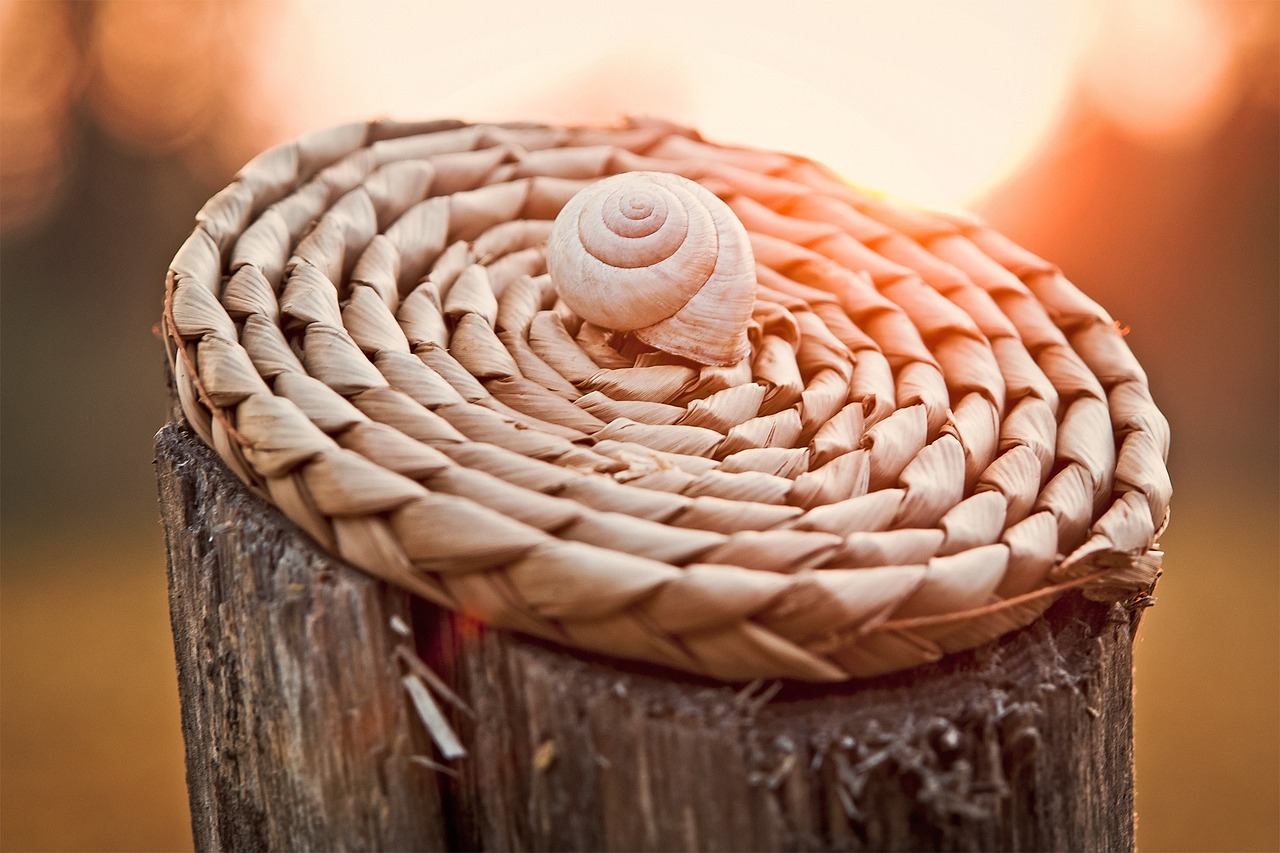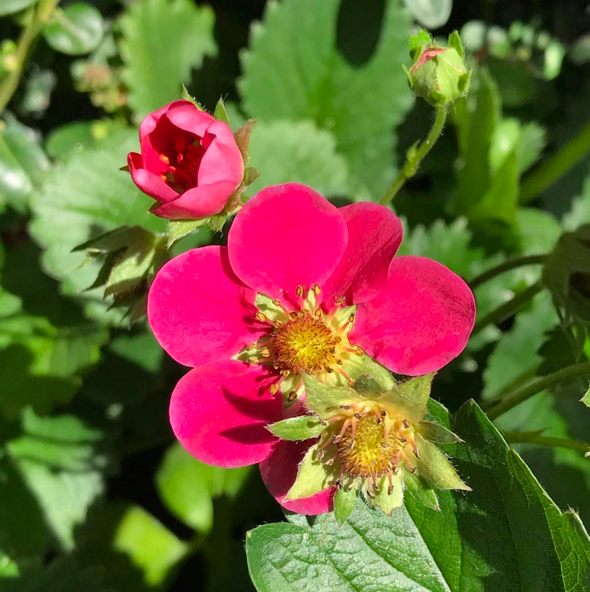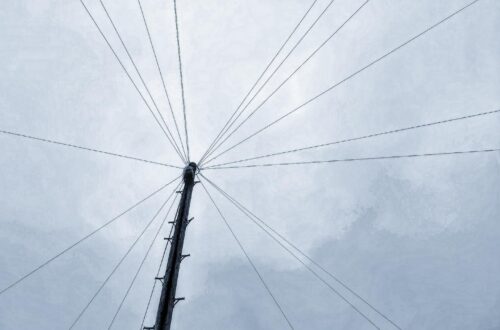
The unresolved relationships
When I was at the university in Budapest, I met a professional dancer from Cuba once, who told me about a concept of closing circles in his family and culture: we live in a world of constant movement and so when we build a relationship we like to start it in motion and move on a circular line towards a resolution; once it’s done we do another circle and so on. When we fall out, argue or abandon each other (we talked about love and life back then) we tend to leave some of those circles unresolved, open. And it hurts us forever. So it’s really good to close all the circles, loops, spirals and other shapes we might be creating with other people. It’s good to have a closure.
I think about it a lot these days in the context of my future work in therapy world. A practicing therapist needs to take care of herself and so all the private relationships preferably should be resolved. In the spirit of that, I am practicing “closing circles” this year. Just recently I have committed a faux pas of talking “business” in a local Waitrose (for the uninitiated, in the UK it’s a posh shop where conversations must only be casual, otherwise one is completely breaking the rules of engagement) and realised quickly that I made a major cultural mistake, but I did not expect to be involved in a very heated argument which resulted in the woman turning around in anger and walking away, later on as a follow up calling me rude and “worrying about me”. I was really upset and shocked because it was her who needed help initially: she asked a nonprofit cause I am working on for money to support her cause and I only wanted to confirm next steps of the process. But I used this emotive situation for practice for my counseling studies. In the past, I would stand my ground, argue the points and simply stop talking to a person as relationships so emotionally complex and twisted are not something I seek in my personal network. But this time I decided to close the circle, accept both points of view and decide that next circle with this person will have to be of a different size and with different boundaries. Why? Because I am now responsible not just for myself, but also for my fellow students who spend all their energy on practicing therapy sessions with me and I need to ensure that my daily life does not affect my studies or work. My mental health needs to remain as unaffected by the fluctuations of daily life as possible, so I also need to be a bit less extreme in my criticism towards others – maybe not less, but different. Even though this particular situation really flooded me with intense feelings, I was able to employ all the self-care mechanisms I had at hand: manage my feelings (calm down, relax), manage my actions (discuss all options with a few good friends, manage email exchange with person involved), and do the follow up self-care activities (go for a walk, visit the allotment, enjoy time with family). I am so lucky that I surround myself with emotionally stable and solid friends who can support me on those very rare occasions when things get out of hand. I was very different when I was younger – I would take it all in and steam it all out and possibly be a bit more creative in the process too. But in the last few years, I have spent more time working on my resilience skills and clear boundaries. On always closing circles.




